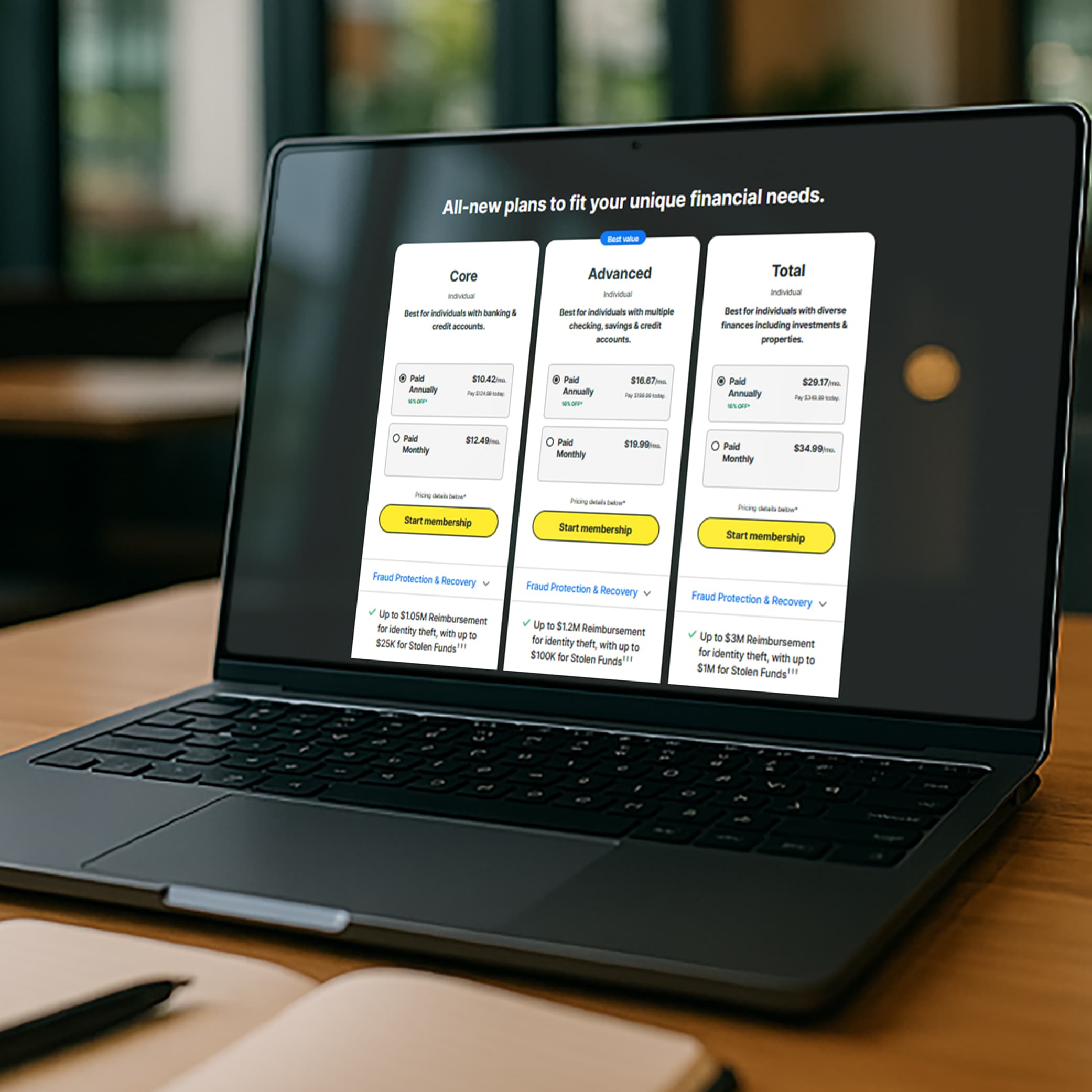Despite all the high-tech innovations and advancements available to identity thieves, old-fashioned “dumpster diving” – literally digging through your trash – remains a popular method for stealing large amounts of your personal information.
Will thieves really go through your garbage?
Absolutely. Why? Because Americans receive over 4 million tons of junk mail each year 1, and much of this mail – such as pre-approved credit cards, credit card bills, and bank statements – includes your personal information. Dumpster-diving identity thieves root through your trash because they know the documents you discard as garbage contain personal identity information that can be spun into gold when used in a variety of illegal manners.
How big of a threat is Dumpster Diving?
Identity theft remains one of the fastest-growing crimes in America. 2
Information thieves can collect when dumpster diving:
- Pre-approved credit card offers
- Street address
- Social Security number
- Telephone number
- Email address
- Bank account information
- Employment history
- Other personal information
What thieves can do with this information:
- Identity theft
- Employment-related fraud
- Loan fraud/payday loan fraud
- Bank fraud
- Benefits fraud
- Tax fraud
- Other identity fraud
Dumpster Diving Statistics:
- Americans receive over 4 million tons of junk mail each year. 1
- 2 Social Security Administration. “Identity Theft And Your Social Security Number.” SSA Publication No. 05-10064. August 2009.
† Federal Trade Commission. “Consumer Sentinel Network Data Book For
January – December 2011.” February 2012.
† Javelin Strategy & Research. "2012 Identity Fraud Report: Social Media and Mobile Forming
the New Fraud Frontier." February 2012.
Editorial Disclosure:
This article is designed to educate readers. That means that while LifeLock, which sells identity theft protection services, produced the article, the point is NOT to encourage you to buy LifeLock's products. The point is to inform and educate so that you are empowered to make sound decisions, whether you buy from us, a competitor, or not at all.

A bank won’t alert you if an account gets opened in your name.
Editor’s note: Our articles provide educational information. LifeLock offerings may not cover or protect against every type of crime, fraud, or threat we write about.
This article contains
Start your protection,
enroll in minutes.
LifeLock is part of Gen – a global company with a family of trusted brands.
Copyright © 2026 Gen Digital Inc. All rights reserved. Gen trademarks or registered trademarks are property of Gen Digital Inc. or its affiliates. Firefox is a trademark of Mozilla Foundation. Android, Google Chrome, Google Play and the Google Play logo are trademarks of Google, LLC. Mac, iPhone, iPad, Apple and the Apple logo are trademarks of Apple Inc., registered in the U.S. and other countries. App Store is a service mark of Apple Inc. Alexa and all related logos are trademarks of Amazon.com, Inc. or its affiliates. Microsoft and the Window logo are trademarks of Microsoft Corporation in the U.S. and other countries. The Android robot is reproduced or modified from work created and shared by Google and used according to terms described in the Creative Commons 3.0 Attribution License. Other names may be trademarks of their respective owners.




